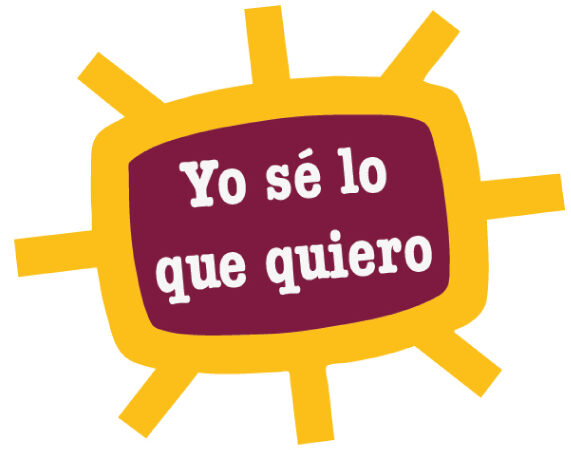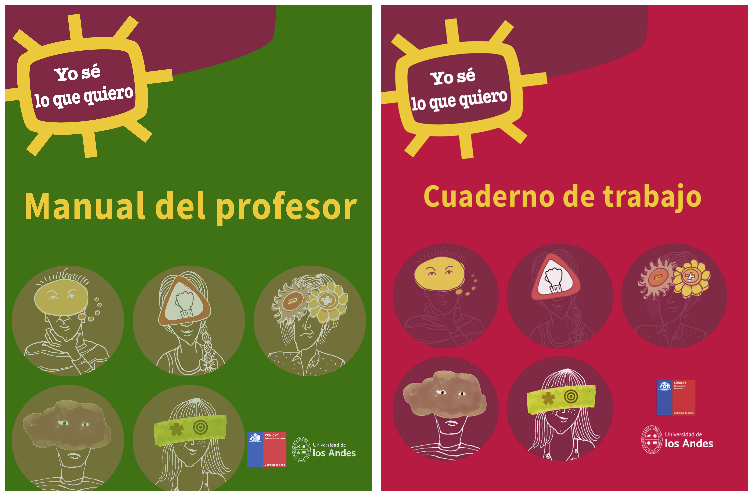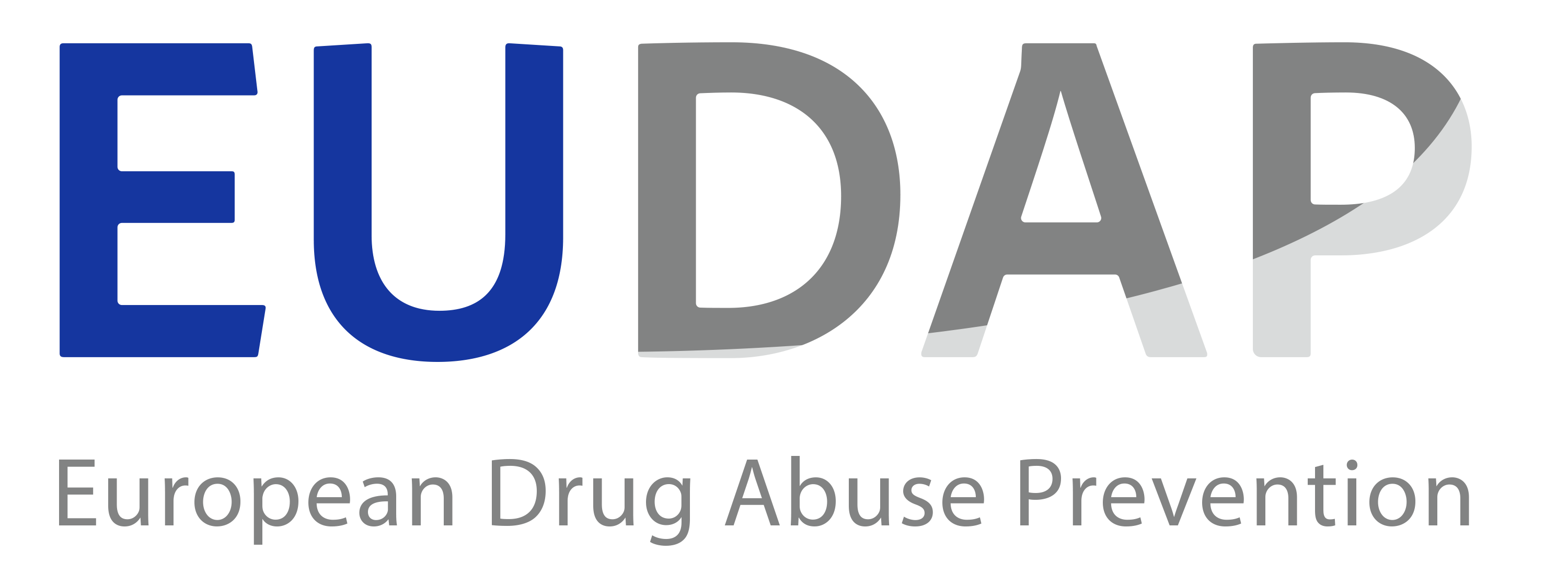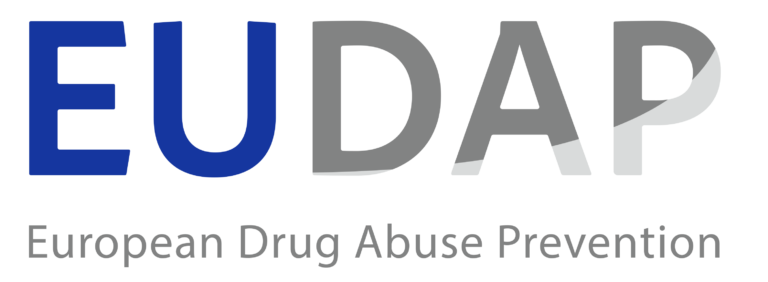Unplugged Chile - 2018-2023
In 2018, the Research Center for Students Mental Health (ISME) of Universidad de los Andes in Santiago decided to implement and evaluate the Unplugged program in Chile. A large project was organized in cooperation with the Millennium Science Initiative funded by the National Agency of Research and Development at the Chilean Ministry of Science, Technology, Knowledge and Innovation.
The project started with cultural adaptation of the program and the evaluation questionnaire.
The Unplugged program was culturally adapted and named “Yo Se´ Lo Que Quiero”.

The cultural adaptation of the Spanish version of the EU-Dap questionnaire was validated in a cross-sectional study carried out in 13 schools in Santiago, Chile, in 2018. The sample consisted of 2,261 adolescents aged 10 to 14 years. Substance use questions were well understood and seemed to adequately capture the consumption of different drugs. Most subscales had good psychometric properties, and few needed some degree of improvement (e.g., some items were removed). After the changes, most final subscales had good or adequate goodness of fit adjustments and good or acceptable internal consistency.
In the same study, factors associated with substance use were identified through logistic regression analysis. Intention to use substances in the future and school bonding were associated with tobacco use. Negative beliefs about alcohol, intentions to use substances in the future, school bonding and refusal skills were associated with alcohol use. Negative beliefs about marihuana, positive attitudes towards drugs, risk perception, and substance abuse index were associated with marihuana use. Normative beliefs increased the risk for all substances use.
During 2019 a cluster-randomized controlled pilot study was conducted in six public schools in Santiago. Students attending 6th, 7th, and 8th grade (n=1,180) participated in the study. The schools were randomly assigned to one of two conditions in a 1:1 ratio: (1) the “YSLQQ” Intervention Group (n=526), and (2) the Control Group (n=654). About 50% of students liked the sessions. 79.2% reported that the YSLQQ helped them learn about the dangers of substances, while 65.8% reported having more skills to avoid substance use in the future. Students who participated in the Intervention Group reported a significant reduction in last 30-day drunkenness (-61%) and cannabis use (-58%) when compared with students in the Control Group.

During 2022 a full cluster-randomized controlled study was conducted in 68 schools in Santiago. The schools were randomly assigned to one of two conditions in a 1:1 ratio: (1) the “YSLQQ” Intervention Group (n=35), and (2) the Control Group (n=33). A total of 9,055 students of 6th and 7th grade completed the EU-Dap questionnaire at baseline (4776 in Intervention Group; and 4279 in Control Group). Age, sex, and monthly prevalence of smoking, alcohol, binge drinking, and marijuana use were similar at baseline. Preliminary results appear to be in favor of the intervention in almost all substances at follow-up (6 months after the end of the intervention), with significant reductions for 7th grade students in monthly marijuana prevalence.
Research tools
Project report
Funding
The Chile projects related to the Unplugged program received funding from Agencia Nacional de Investigacion y Desarrollo, Chile (ANID): grant FONDECYT Regular #1181724; grant “Millennium Nucleus to Improve the Mental Health of Adolescents and Youths, Imhay”, #NCS17_035; grant “Millennium Science Initiative Program”, #NCS2021_081.


